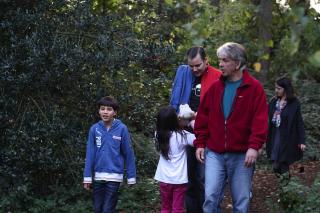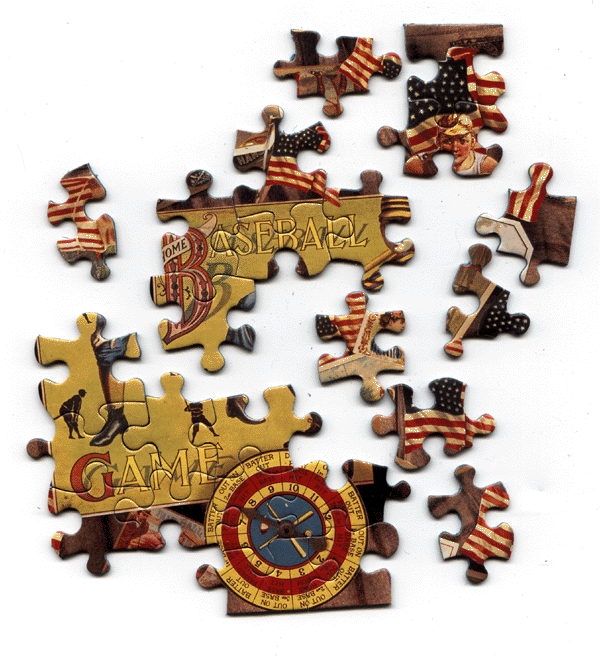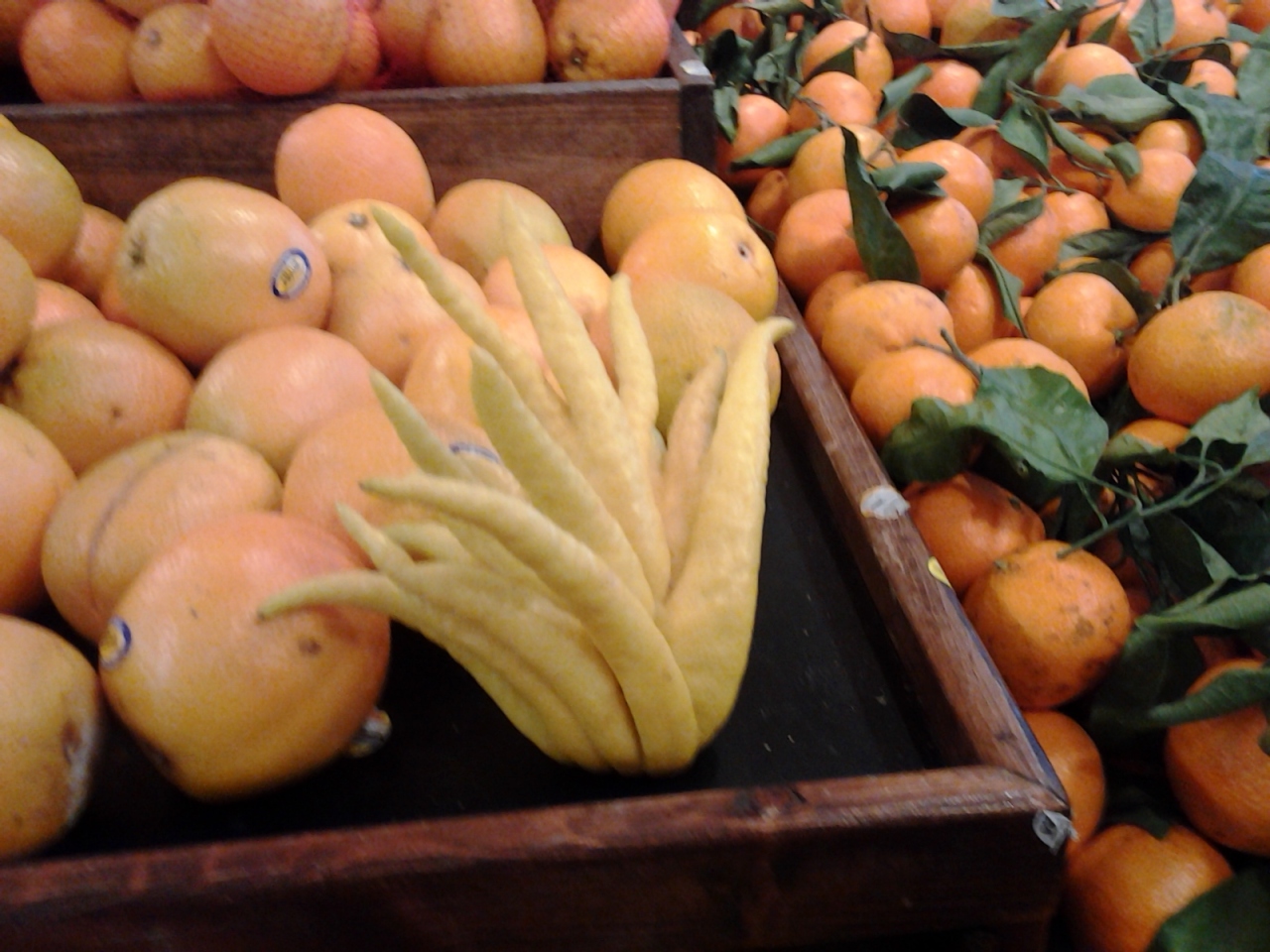Let their memories of treats, and of meals, of childhood, and of parents, be warm and comforting.
photo by Elaine Santana
__

| How will they learn to read? In school or out, every child learns to read in his own way, as he figures it out. Different people read different ways. Some are more visual, and some are sounding out letters, and some are reading groups of words. Reading is complex, but teaching rarely helps. Until a child's brain and body are mature in various mysterious ways so that he can process the visual information and connect it to the language inside him in a manner that completes the puzzle for him, he cannot read, whether he's in school or not. Some children are three, some are thirteen, but shame and pressure never help. |
| Children are born learning, and unless and until that joy is extinguished (by school or pressure or shaming or belittlement), it will thrive and grow. Learning is easy when the people around are smiling, encouraging and helpful. |  |






